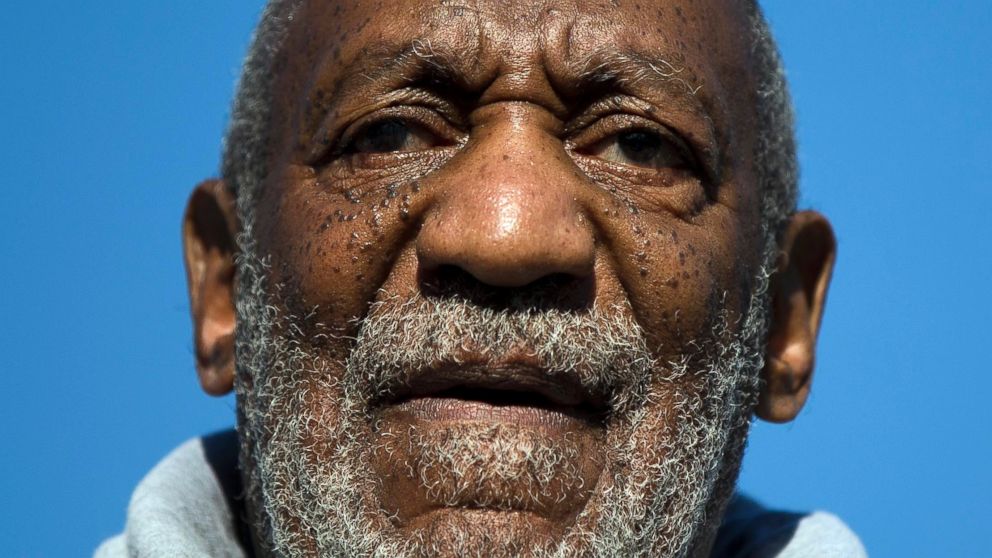How to Fix America's Still-Existing Sexism Dynamic
Allegations about Bill Cosby show how America is still trapped in old ways.

— -- For how far men and women have come through the years, we are still a culture where many are trapped in old models and ways. The tragic circumstances surrounding cultural icon Bill Cosby and those who have come forward to accuse Cosby of sexual abuse puts such a highlight on the sexism dynamic which still is rooted in our culture.
Taken together with the Cosby revelations, the domestic abuse rampant in sports, most notably in the NFL, Hollywood's still myopic view of men and women, the actions of fraternities on college campuses across our country (the University of Virginia being the latest example), and the abuses we have seen revealed in the military, all point to a broader societal issue.
First, in all of these there has existed a male-dominated and paternalistic system. Women for years were only given a seat at "the table" for symbolic reasons or if they bought into the system. They had to be the right women, saying the right things, behaving in the right ways. And the group of men were encouraged to show their "manhood" in very strict ways. Nice guys couldn't make it, toughness was rewarded, and each was supposed to cover for the other. Kindness and respect to women was seen as a weakness, not only by other men, but by women themselves. So many women say they want a good man, but constantly talk about the attractiveness of the bad boy. And this perpetuates the cycle.
Second, if men were powerful enough with either fame or fortune or rank in the hierarchy, they were give a pass by so many in the system. They are given a pass by other men who might want themselves to behave properly but look the other way. And the victims, mostly women, feel powerless to confront the abuses. They either aren't believed at all and are dismissed if they raise their voices, or they self censor, not wanting to be the victims of even more abuse or discrimination. So many spouses in this cycle are complicit in this dance with abusive, yet powerful and popular men. Sexual predators who have held great power in our world have gotten a pass by not only the culture, but the partners they are in relationships with.
Third, whenever a powerful man is accused or caught when women finally get the nerve to stand up and confront the immoral or illegal behavior, male bulldog lawyers and publicists systematically push back with everything they have, whether it is through explicit or implicit threats, or through impugning the very woman who is a victim in all of this. We shouldn't celebrate these "handlers" as effective, but castigate them as much as the abuser themselves. The abuse of women in this culture only starts with the act itself, but is exacerbated in the actions of the handlers.
Fourth, nearly all these institutions mentioned above in many ways claim to advance the equality and protection of women, but the tales told by so many victims tell a whole different story. And when these institutions have actually done anything to protect women, it is almost always in the aftermath of a public relations problem where they know their continued protection of the perpetrator is meeting with negative feedback by the public. The NFL didn't really do anything about Ray Rice (and others), Cosby didn't lose his television contracts, and the University didn't do anything about fraternity behavior until each was suffering a PR problem.
So what do we do?